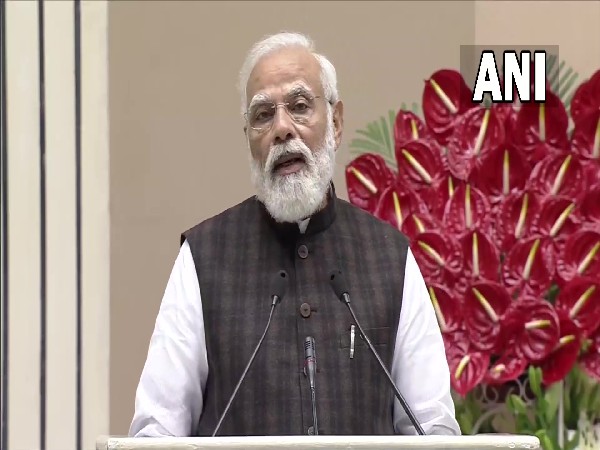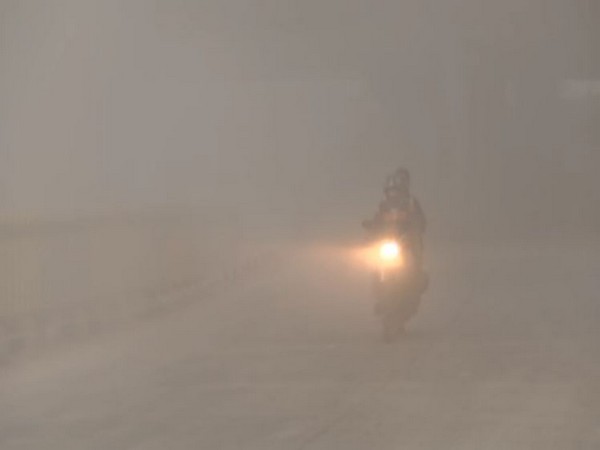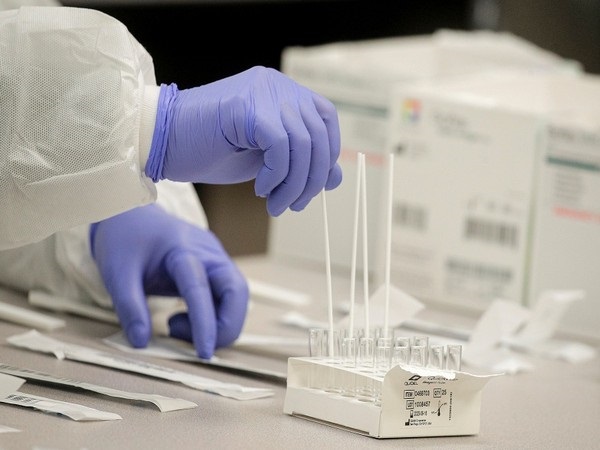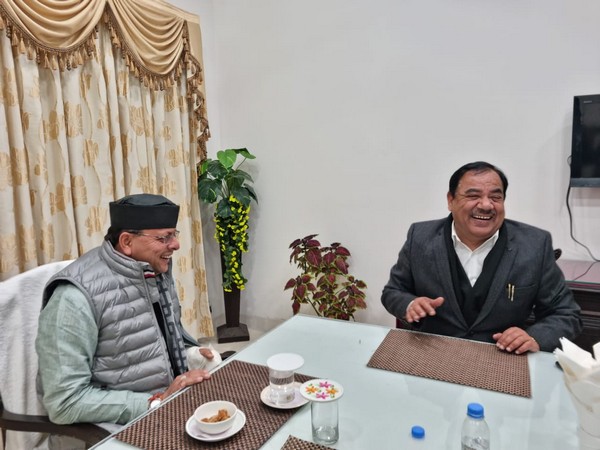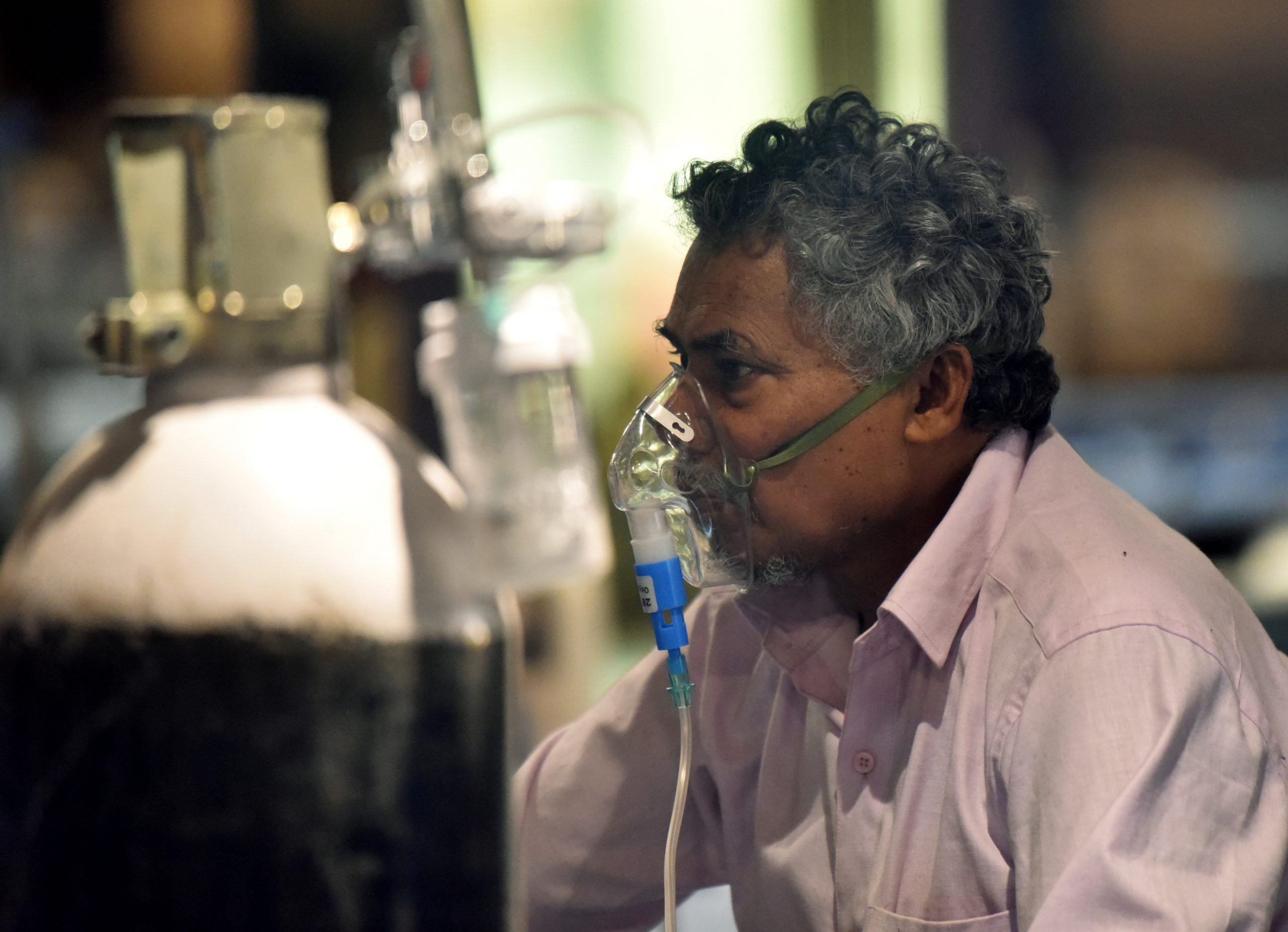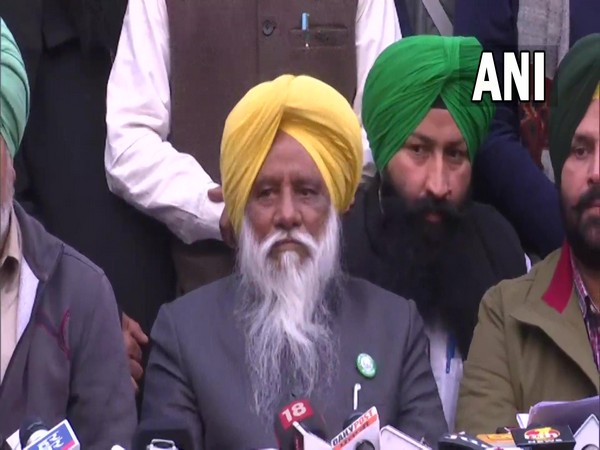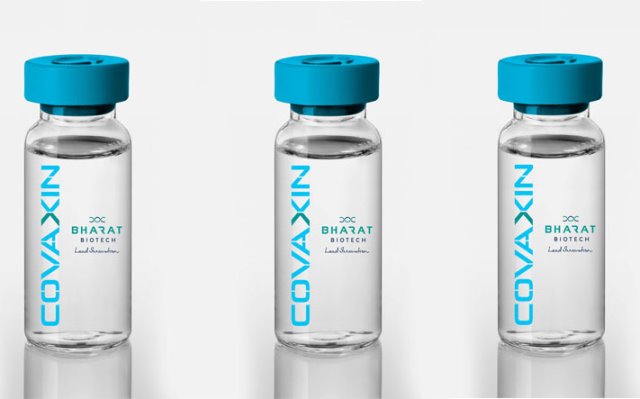To drink or not to drink – that’s the question, with due apologies to the Bar(d) of Avon. Indians have debated it down the ages. The answer is elusive, and shall forever remain so.
In a country seeped in traditions, where food and drink are associated with piety and mistakenly, also religion, the state that imposes it, swings between periodic political propaganda to win votes and economic expediency of filling the coffers with excise revenue. It must determine whether to spend on enforcing prohibition and if yes, how to regulate the demand and supply of a commodity much in demand.
At the public level, the discourse swings between the right to drink and public outcry each time people die of excessive imbibing of spurious poisonous hooch. It fades, till another ‘tragedy’ befalls, so called because victims are the poor and their families.
It remains a matter of individual choice, whether to follow “family values” that you are born with, or inculcate a new one as you move in life, influenced by social interaction, work environment, friends, or simply, advertising/cinema-spawned glamour.
Without doubt, not drinking saves money and health in a largely tropical/temperate country. Framers of the Constitution, thinking of the poorest, stipulated it as a Directive Principle. But it is also true that alcohol has been imbibed from times immemorial, from the ancient to the modern, and from Kashmir to Kamrup to Kanyakumari. It was offered to deities and partaken as prasada in temple towns that are, ironically, now declared liquor-free.
From ancient Somarasa, Asava and Madira prescribed in Ayurveda for containing medicinal values, to Shiraz (from Iran) and brewed with grapes imported from Afghanistan, alcohol has been enjoyed by people of all classes. Who knows it better than the tribal India that has always drunk Mahua and toddy? Barring individual exceptions, kings — Hindus and Muslims (the latter despite disapproval in Islam) – and Christian colonizers – all imbibed it, encouraged it and taxed it.
In independent India, after several experiments, only four states out of 28 and none of the eight union territories practise prohibition. A total ban on liquor has proved to be a failure, in Maharashtra, Haryana, Tamil Nadu and Andhra Pradesh that periodically experimented it. They withdrew it when besides a big shortfall in excise revenues, a spurt in illicit bootlegging and spurious liquor production also killed thousands.
Gandhi’s Gujarat is the sole exception, since no government can afford to relax prohibition. But demand and illegal supply are big ‘dhanda’, even as Mahuda and Toddy are consumed, particularly by the tribals and the Dalits.
Women’s groups are pro-prohibition. “Liquor widows” of Saurashtra’s ‘Nat’ community receive help from ₹1,200 imposed as fine on an offending husband. A habitual drunkard is put in a cage in the village square. The campaign is spreading. Years ago, Anna Hazare who led an anti-graft movement, would have offenders tied to the lamp post.
Bihar Chief Minister Nitish Kumar, who introduced prohibition in 2016, trots out credible data on socio-economic impact on the poor, with women as its fiercest advocates. But there is little he can do or say about supplies from neighbouring states that have triggered a parallel economy.
His problem is political, from alliance partner Bharatiya Janata Party (BJP). Its ministers insist on making liquor law “more holistic”. Kumar stands firm, but he cannot ignore a tricky ally that rules at the federal level. However, his government is speechless when a former chief minister, Jitan Ram Majhi, alleges: “all ministers and MLAs (legislators) drink.”
If they do, to be sure, few politicians in India drink in public, unless they are from the north-east where drinking is part of the culture. This writer has imbibed with ministers who would keep away any unwelcome visitor, and with lawmakers who would take a swig each time visiting an ante-room, toilet or while excusing themselves to “attend to something important.”
Drinking in public is discouraged socially, also legally, under excise and policing rules. Few cities in India have European-style pavement bars. It’s tipple on the quiet. The logic that a single peg in public is better than a ‘quarter’ or more taken indoors, does not work. Social disapproval remains firm and drinking habit can influence an individual relationship, like, “he is good, but you know, he drinks!”
But it is fast fading as India gets urbanised. New entrants to the queues outside liquor vends are working women, like executives and techies, who drive in to purchase their gin and tonic, vodka or beer. Some vends are exclusive for them. This is new, digital India displaying woman-power, and why not?
To be fair, liquor is not all. The turn of the century has brought a variety of coffee and cafes as a good substitute for the young. The end of nine-to-five office culture requires longer working hours and evenings are not always young.
Yet, queues became crowds after Delhi’s recent change in excise law that completely privatised liquor vending business. The state has found a simpler way of collecting higher excise revenue from the producers and the vendors.
Money is undoubtedly the consideration. But to sustain the ‘moral’ factor that often sustains Indian politics, some states divert the liquor revenue to welfare schemes. They earn “blessings of the poor” — call it feat of public morality or penance of sorts. Late Tamil Nadu chief Minister Jayalalithaa, for one, would finance her schemes with “Amma’ name-tag, attaining the mother figure, none else has enjoyed.
Like Nitish Kumar, political dilemma troubles the Congress, India’s grand old party. It feels the need to shed the prohibition’s ‘gridlock’. It was tied around its neck by Mahatma Gandhi who remains its principal guide for a century. Gandhi was obsessed with prohibition, critics say, terming drinking “more damnable than thieving and perhaps even prostitution,” he wrote in ‘Swaraj’. In ‘Harijan’, he dwelt on how “liquor has not only robbed men of their money but of their reason, they have for the time being forgotten the distinction between wife and mother, lawful and unlawful.”
Congress’ Italian-born (forget Italian wine) President Sonia Gandhi recently appointed a committee under A K Antony, a non-drinking Catholic, to study whether the party should retain the clause against admitting as member “anyone drinking or in liquor business.” Like wearing and spinning of khadi, this stipulation is gone outdated. But dare the Congress shed prohibition, the BJP is sure to attack it.
India’s current right-wing political discourse systematically demonizes Congress’ first premier Jawaharlal Nehru who enjoyed an occasional peg of wine. But it is, significantly, silent on alcohol. The BJP’s growing political dominance across much of the country has perhaps silenced its leaders.
The cultural czars who guide them, while encouraging “ghar wapasi” (reconversion to Hinduism) and tacitly, violence against the religious minorities, do not touch upon it. Their vigilantes have of late stopped forcing hapless public on what to wear, eat and drink. Forget liquor, social resistance develops when individual choices are challenged. The courts in Gujarat recently reversed civic actions taken against vending of eggs and omelette.
Indians consumed 6.5 billion litres of alcohol in the year 2020. But the per capita alcohol consumption at 5.5 litres is much lower than the global average of 6.2 litres. But it is bound go up, market analysts say. India exports alcohol worth USD 330 million annually and imports it for the same value.
Prohibition has no price-tag. So, it’s money, stupid!
And yet, the question we started with promises to stay unresolved.
The writer can be reached at mahendraved07@gmail.com

